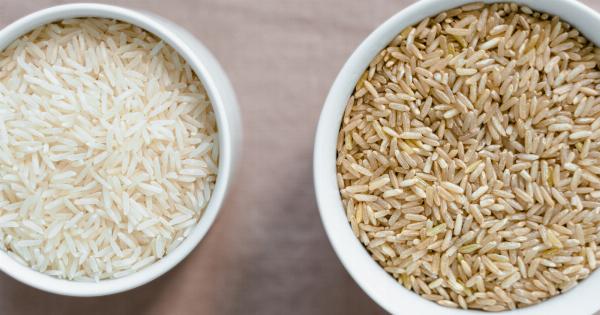Companions Fistula is a severe medical condition that affects the gastrointestinal tract. It is a type of fistula that forms between the digestive organs and the skin surrounding the anus or perineum.
This abnormal connection can cause significant pain, discomfort, and various complications.
Causes of Companions Fistula
The primary cause of Companions Fistula is usually an infection that starts in the anal glands. If these glands become blocked, they can become infected, leading to the development of a fistula.
Other common causes include Crohn’s disease, trauma to the anal area, and certain types of cancer.
Symptoms
The symptoms of Companions Fistula can vary depending on the severity and location of the fistula. Some common signs and symptoms include:.
- Constant or recurring pain in the anal region
- Swelling, redness, or tenderness around the anus
- Drainage of pus or blood from the fistula opening
- Itching or irritation in the anal area
- Fever and chills
- Foul-smelling discharge
- Difficulty sitting or walking
Diagnosis
To diagnose Companions Fistula, a healthcare professional will perform a thorough physical examination and review the patient’s medical history. Additional tests may be required to determine the location and extent of the fistula.
These tests may include:.
- Endoscopy: A small camera is inserted into the anus to visualize the digestive tract.
- Magnetic Resonance Imaging (MRI): This imaging technique provides detailed images of the gastrointestinal system.
- Fistulography: A contrast dye is injected into the fistula to help identify its path.
- Colonoscopy: A long, flexible tube with a camera is used to examine the colon and rectum.
Treatment
The treatment options for Companions Fistula depend on the severity and complexity of the condition. In many cases, surgery is necessary to remove the fistula and repair the affected tissues.
The type of surgery performed will vary based on the individual case, but some common approaches include:.
- Fistulotomy: This procedure involves cutting open the fistula tract, allowing it to heal from the inside out.
- Seton Technique: A seton (a piece of thread or wire) is placed through the fistula to help it drain and prevent abscess formation.
- Advancement Rectal Flap: Healthy tissue is moved from the rectum to cover the fistula opening.
- Sphincter Reconstruction: In cases where the fistula affects the anal sphincter muscles, reconstructive surgery may be necessary.
Complications
If left untreated, Companions Fistula can lead to various complications, including:.
- Abscess formation
- Recurrent infections
- Anal fistula reoccurrence
- Chronic pain and discomfort
- Damage to nearby organs or blood vessels
Prevention
While it may not always be possible to prevent Companions Fistula, there are certain measures individuals can take to reduce their risk:.
- Maintain good anal hygiene by keeping the area clean and dry.
- Avoid excessive straining during bowel movements.
- Eat a healthy, fiber-rich diet to prevent constipation.
- Stay hydrated to maintain regular bowel movements.
- Seek prompt medical attention for any symptoms of infection or anal discomfort.
Conclusion
Companions Fistula is a serious medical condition that requires prompt diagnosis and appropriate treatment. It is important for individuals experiencing symptoms such as persistent pain, swelling, or discharge in the anal area to seek medical attention.
Early intervention can help prevent complications and improve overall quality of life.


























